How Watching Anime Can Improve Emotional Intelligence – Discover how anime’s powerful storytelling, relatable characters, and emotional depth can boost empathy, self-awareness, and social skills. Learn life-changing EQ lessons from your favorite anime today!
Anime isn’t just a form of entertainment; it’s a gateway to developing deeper empathy, understanding, and self-awareness.
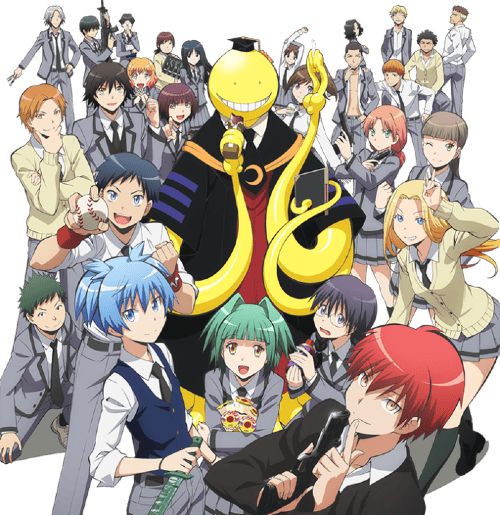
From the passionate monologues of Shōnen heroes to the subtle expressions of vulnerability in Slice-of-Life dramas, anime offers viewers a front-row seat to emotional growth, resilience, and transformation.
Whether you’re a lifelong anime fan or a curious newcomer, let’s explore how watching anime might be the secret ingredient to unlocking your emotional intelligence (EQ).
What Is Emotional Intelligence (EQ)?
Emotional intelligence refers to the ability to recognize, understand, manage, and influence your own emotions and the emotions of others.
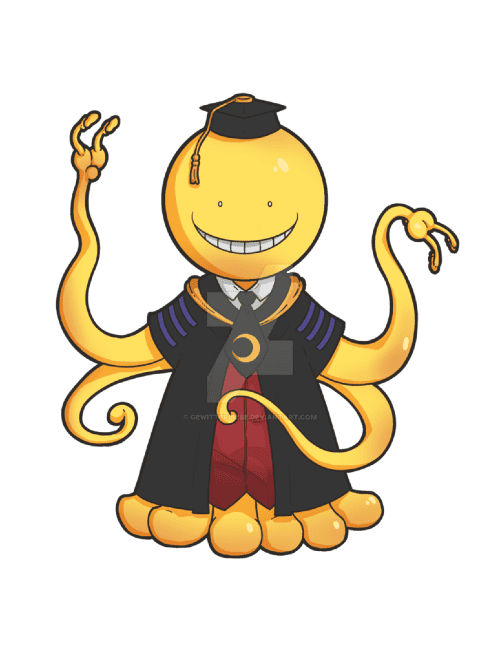
In today’s fast-paced society, EQ is just as critical as IQ—if not more so—for building meaningful relationships, excelling at work, and leading fulfilling lives.
Key Aspects of Emotional Intelligence
- Self-awareness: Knowing your strengths, weaknesses, triggers, and moods.
- Self-regulation: Managing disruptive emotions and impulses.
- Motivation: Staying driven in the face of setbacks.
- Empathy: Understanding and sharing the feelings of others.
- Social skills: Navigating social complexities and building relationships.
How Anime Nurtures Emotional Intelligence
Anime tells stories that go far beyond epic battles or fantastical worlds. The best shows highlight the inner struggles, triumphs, and metamorphoses of their characters. These stories can serve as “emotional mirrors,” teaching viewers about the nuances of human feelings.

1. Promotes Empathy Through Diverse Perspectives
Anime exposes viewers to characters from different backgrounds, cultures, and even species! By walking in their shoes, viewers learn to understand feelings and motivations completely different from their own.

“You never know how strong you are until being strong is your only choice.” — Goku, Dragon Ball Z
- Example: In My Hero Academia, Izuku Midoriya starts as an underdog, facing bullying and self-doubt. Watching his journey helps viewers feel compassion for outcasts and fuels understanding of the quiet struggles others face.
2. Teaches Emotional Self-Regulation
Characters often undergo intense inner turmoil but learn to process their emotions, inspiring viewers to do the same.
- Example: Naruto Uzumaki, ridiculed and ostracized, channels his pain into determination and compassion. His growth showcases the value of self-reflection and emotional control.
3. Models Resilience and Perseverance
Anime heroes rarely win on their first try. Instead, they learn from defeat and bounce back stronger, modeling grit and tenacity.
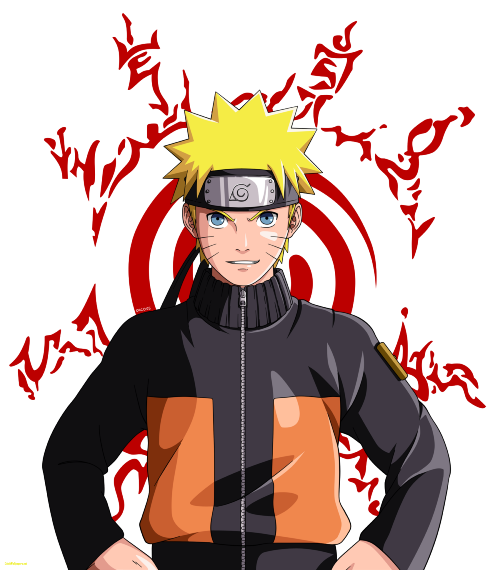
“It’s not the face that makes someone a monster; it’s the choices they make with their lives.” — Naruto, Naruto Shippuden
- Example: In Attack on Titan, characters endure loss after loss yet find the will to keep fighting. This persistence resonates with viewers and encourages them to face real-life challenges with courage.
4. Encourages Self-Reflection and Identity Formation
Many anime protagonists struggle with their identities, destinies, or moral dilemmas—a reflection of the human journey toward self-awareness.
- Example: In Food Wars!, Soma Yukihira constantly questions his culinary skills and personal motivations, prompting viewers to reflect on their aspirations and insecurities.
5. Enhances Social Skills and Relationship Building
The teamwork and bonds formed in anime demonstrate the power of communication, trust, and mutual respect.

“When you have to save someone, they’re usually in a scary situation. A true hero saves not only their lives but also their spirits.” — All Might, My Hero Academia
- Example: In One Piece, Luffy’s diverse crew works together, leveraging their differences and communicating openly (sometimes through intense arguments), showing viewers effective group dynamics.
Psychological Basis: Why Does Anime Work?
Neuroscience confirms that stories activate the same regions in our brains as real-life experiences. When you watch anime:
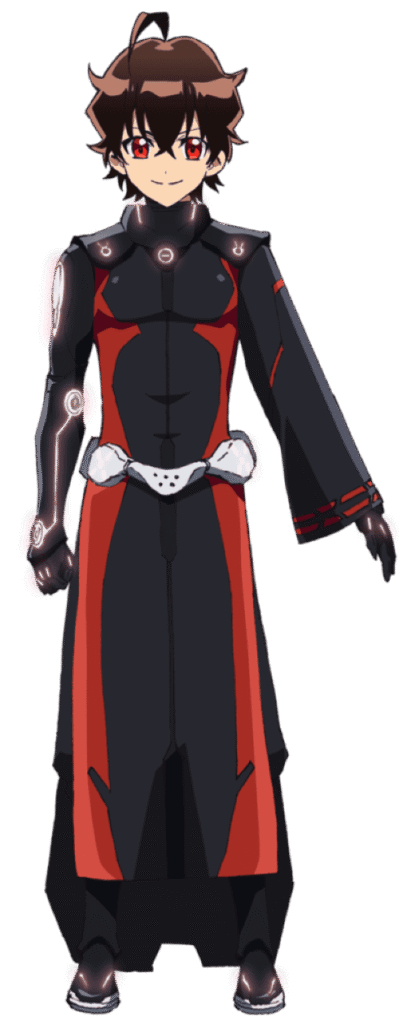
- Mirror neurons fire, helping you “feel” what characters feel.
- Exposure to unfamiliar emotional situations in anime improves your brain’s ability to process complex emotions and develop empathy.
Popular Anime That Excel at Teaching EQ
| Anime Title | Emotional Theme | Notable Character(s) | Lesson Learned |
|---|---|---|---|
| My Hero Academia | Empathy, perseverance | Midoriya, All Might | Growing from adversity |
| Naruto | Self-acceptance, resilience | Naruto, Sasuke | Overcoming prejudice, channeling pain |
| Food Wars! | Self-reflection, self-worth | Soma, Erina | Growth through failure |
| One Piece | Friendship, trust | Luffy, Zoro, Nami | Power of camaraderie |
| Fruits Basket | Understanding trauma | Tohru, Yuki, Kyo | Healing from emotional wounds |
| March Comes in Like a Lion | Depression, hope | Rei Kiriyama | Managing loneliness, mental health |
| Your Lie in April | Grief, healing | Kousei Arima | Coping with loss, rediscovering passion |
Integrating Anime Wisdom into Daily Life
Anime is more than escapism. Here’s how to bring lessons from anime into your real world to become more emotionally intelligent:

1. Pause and Reflect
After a powerful anime episode, take a moment to reflect:
- What did the character feel?
- What did you feel watching them?
- How might this relate to your own life?
2. Start a Journal
Documenting your feelings and reactions to both anime and real experiences can help you process emotions more deeply, increasing self-awareness and regulation.
3. Practice Empathy
When someone reacts in a way you don’t understand, think of a character from an anime who once seemed misunderstood. Try to see the world through their eyes.
4. Discuss with Others
Anime fosters community! Join online forums, fan pages, or local clubs to discuss how specific scenes made you feel. This enhances social skills and emotional vocabulary.
FAQs: Anime & Emotional Intelligence
Q2. What are the best anime for emotional growth?
A2:
For Empathy: "A Silent Voice," "Violet Evergarden"
For Resilience: "Naruto," "Demon Slayer"
For Self-Discovery: "Neon Genesis Evangelion," "Mushishi"
Q3: Can anime help with anxiety or depression?
A3: While anime is not a replacement for professional treatment, many viewers find relatable stories and role models in anime that help them process emotions and feel less alone.
Q4. Can too much anime be bad for emotional health?
A4: Balance is key. While anime can teach emotional skills, real-life experiences are equally important.
Q5. Is it okay to cry while watching anime?
A5: Absolutely! Crying is a healthy emotional release—many anime are designed to evoke deep feelings.
Let’s Hear from the Characters!
Sprinkle your day with anime wisdom. Here are some of the most emotionally intelligent quotes from fan favorites:

“It’s okay not to be okay as long as you are not giving up.” — Karen Aijou, Revue Starlight
“To protect something you must sacrifice another.” — Armin Arlert, Attack on Titan
Final Thoughts & Call-to-Action
Anime isn’t just entertainment—it’s a masterclass in emotional intelligence. From empathy to resilience, the lessons we learn from these stories can translate into real-world emotional growth.
What’s Next?
- Watch an emotionally rich anime (Try “Your Lie in April” or “Clannad”).
- Reflect on character struggles—how do they relate to your life?
- Discuss with friends—share how anime has impacted your emotions.
Now, over to you! What anime has helped you understand your emotions better? Drop your favorite emotional anime moment in the comments!
Other Interesting Posts To Read:
7 Health Tips from Anime Teachers You Shouldn’t Ignore
Top 10 Anime Characters Who Promote Self-Care
5 Anime-Inspired Habits to Improve Your Physical Fitness
What ‘Attack on Titan’ Can Teach You About Stress and Survival Psychology
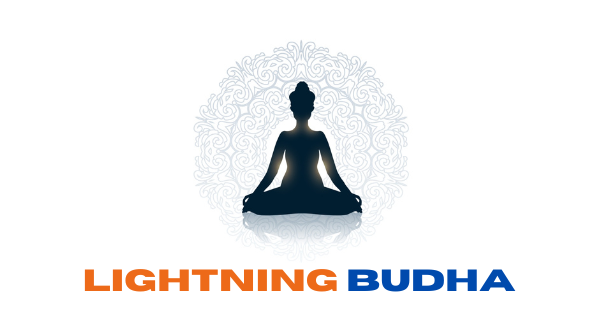
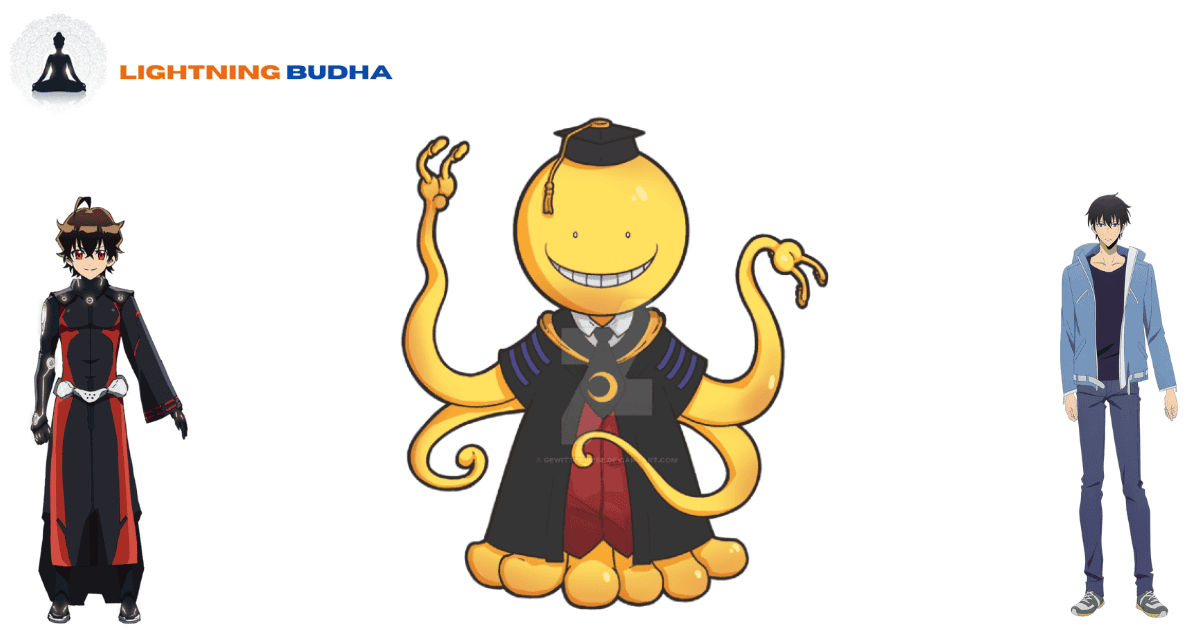

[…] How Watching Anime Can Improve Emotional Intelligence […]
[…] How Watching Anime Can Improve Emotional Intelligence […]
[…] How Watching Anime Can Improve Emotional Intelligence […]